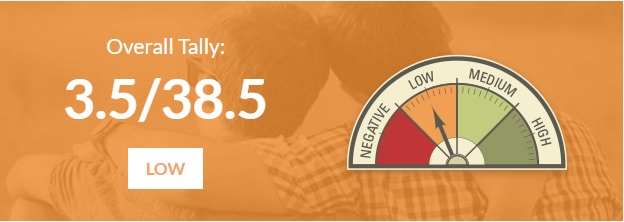Prosperity Watch (Issue 75, No. 4)
June 26, 2017
Marriage equality came to North Carolina two years ago today with the landmark Supreme Court decision on Obergefell v. Hodges. This decision came a few years after the state passed Amendment One, a constitutional amendment banning same-sex marriage recognition. Amendment One is just one indicator of the harsh context that North Carolinians in the LGBT community live in. HB2 is another. And that context has real economic consequences.
According to the Movement Advancement Project, 3.5 percent of adult North Carolinians – roughly 275,000 people – identify as lesbian, gay, bisexual, or transgender. Over a quarter of these adults are raising families. And while marriage equality is now the law of the land, non-discrimination protections and other workplace protections are not. The Movement Advancement Project gave NC a rating of 3.5 out of 38.5 for LGBT-friendly policies.


Source: Movement Advancement Project, 2017.
North Carolinians are vulnerable to being fired or denied a job just because of their sexual orientation or gender identity. There are no state laws protecting the LGBTQ community from housing, public accommodation, or credit and lending discrimination either.
The cumulative effect of this legal discrimination is pretty severe, especially since it’s layered with racial and gender discrimination. A recent Williams Institute report found that LGBT adults are more likely than non-LGBT adults to live under or close to the poverty line. Poverty rates are particularly high for lesbian and bisexual women (both single and in same-sex couples), LGBT people of color, and transgender adults. LGBT people, women, and people of color make up a disproportionate number of the minimum wage workforce, earning $7.25 an hour in a state where you need at least twice that much to afford housing. And the 25 percent of LGBT adults who are raising families also suffer from the lack of a state paid family leave law, so they can’t take time off to care for a sick child or spouse, or to bond with a new child.
So as National Pride Month comes to an end, let’s be sure to keep the conversation about LGBT equality going and consider in each policy design how addressing the needs of the LGBT community is necessary to build an economy that works for all.
 Justice Circle
Justice Circle